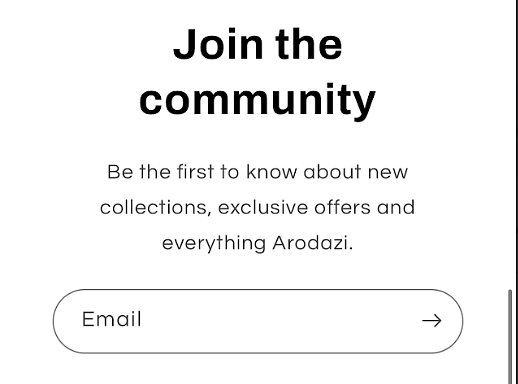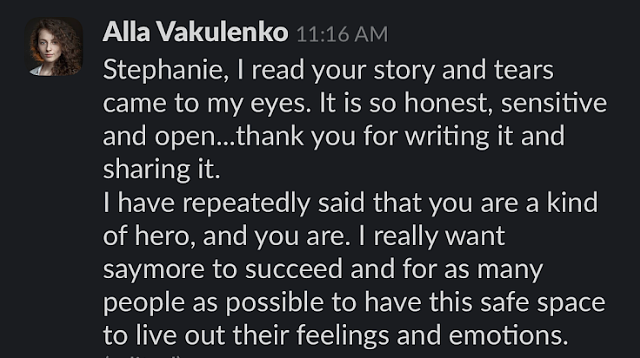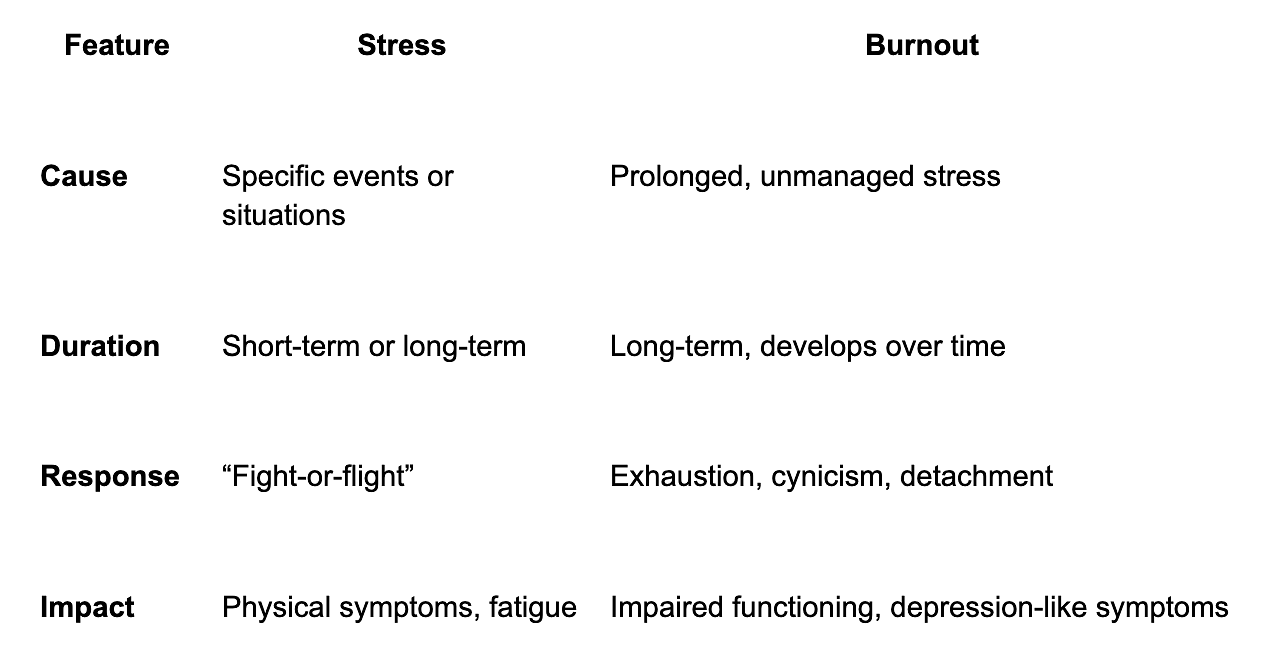Friendship Breakups: What I Learned in the After
I have always loved my female friendships. Growing up as the middle of two sisters prepped me in a million different ways to forge strong friendships with women. I took my high school and college friendships very seriously, they were my lifelines. I had never been burned by women, never dealt with real “mean girl” energy, and if I did, they were swiftly abandoned. I devoured every show about messy, intimate girl groups in their twenties: Sex and the City, Broad City, Girlfriends. Those stories mirrored my own friendships. It all seemed both complicated and easy, tangled and straightforward, but mostly there was a powerful intimacy only shared between women struggling to figure it all out…together.

But as the years pass, boyfriends come around, priorities change, life happens and the friendships wobble. Sometimes it is no one’s fault. More often than not, these friendships go through crises of their own. Sometimes it even got to a point where I would wonder “if I met this person today, would I still be friends with them?” The answers to that scared me.
There’s nothing like the loyalty that forms when you grow up alongside someone and witness them becoming themselves. But we have all been on the flip side of that change where it feels…off. There were two or three years where it felt like all my long-nurtured friendships were slipping away. One was dying because the boyfriend was terrible and I couldn’t listen to it anymore. Another because I was very gay and they were very religious (in the anti-gay way). Some loved being the “girl boss” climbing the corporate ladder while I thought being a cog in a machine was soul crushing. People truly grow in different directions and that’s okay. Sometimes it feels okay and other times it reminds me of that quote.. “Everything I let go of has claw marks on it.”
What I didn’t expect were the friendships that would emerge at the crossroads - ones that felt almost fated.
One of my closest friendships today began during a mutual falling-out. We both sensed that her friend group was cliquey and bizarre, and we were both very much on the outskirts. They posted their nights out on Instagram, never inviting us. I felt like I was in high school again, how had I misjudged this whole situation? Finding my friend in the rubble of that was the greatest gift and brought me back to reality. Losing my people-pleaser friend stung, but when they all unfollowed me one night I knew I was over it. It’s still one of my favorite origin stories, and my new-friend-turned-bestie and I toast to it at every happy hour.
Another friendship started as nothing more than college acquaintanceship. Social media kept us in orbit, lightly, but over the years we found ourselves rooting for each other. We both started businesses, and now we have monthly check-ins. She knows more about my life than my so-called college best friends do. The best part is that I didn’t even like her that much in college. When she texted me the other day that she is going to have the most “Steph” day i.e. seeing Renee Rapp on the same day as the Australian Women’s tennis final, my heart melted. These are the people that know me now.
And then there’s the friend I met through a Bible study…stay with me. This was before I realized I was queer, and many of my closest friends led the group. When I eventually came out, those same friends gave me the “love the sinner, hate the sin” line. It shattered me. But with all the endings of those friendships, that mutual friend in the group also was coming out as queer. We both love tennis, and years later we would go to the US Open in New York City together. We still catch up and we also gawk at how far we have come and the roundabout way we have become free from religious garbage. Happily in love with our girlfriends - no hate to be found!
I think it is important to have and maintain long-term friendships. But as we get older, our values, politics, marriages, religions, and choices become sharper, more defining. I used to grip tightly to the dream of growing up alongside my original circle…kids playing together, wine nights, shared routines. But then I realized I was queer. I realized I didn’t want kids. My imagination changed. Some friendships evolved with me; others didn’t. Now I imagine vacations with my child-free friends while still being the doting auntie to the others.
Friendship breakups, according to nearly every article online, are brutal, and I agree. They can feel as devastating, if not more, as romantic heartbreak. It’s a different kind of loss. Some losses left me disoriented, itching to text someone that no longer exists. Others ended in flames, and I don’t miss them at all. But through all of it, I’ve gained a deep sense of relief and hope: no matter what or who falls away, there will always be people in the room who see me as I am now, and love me for it.





